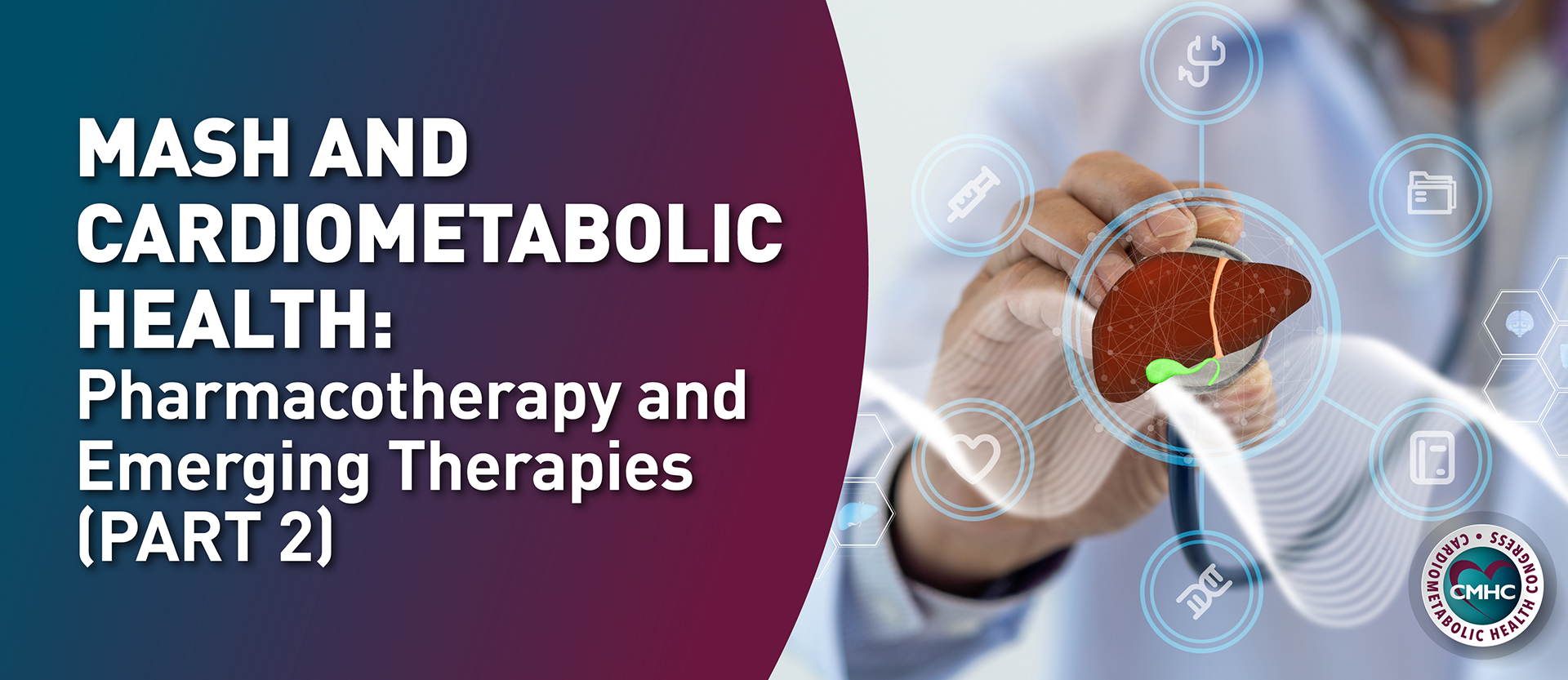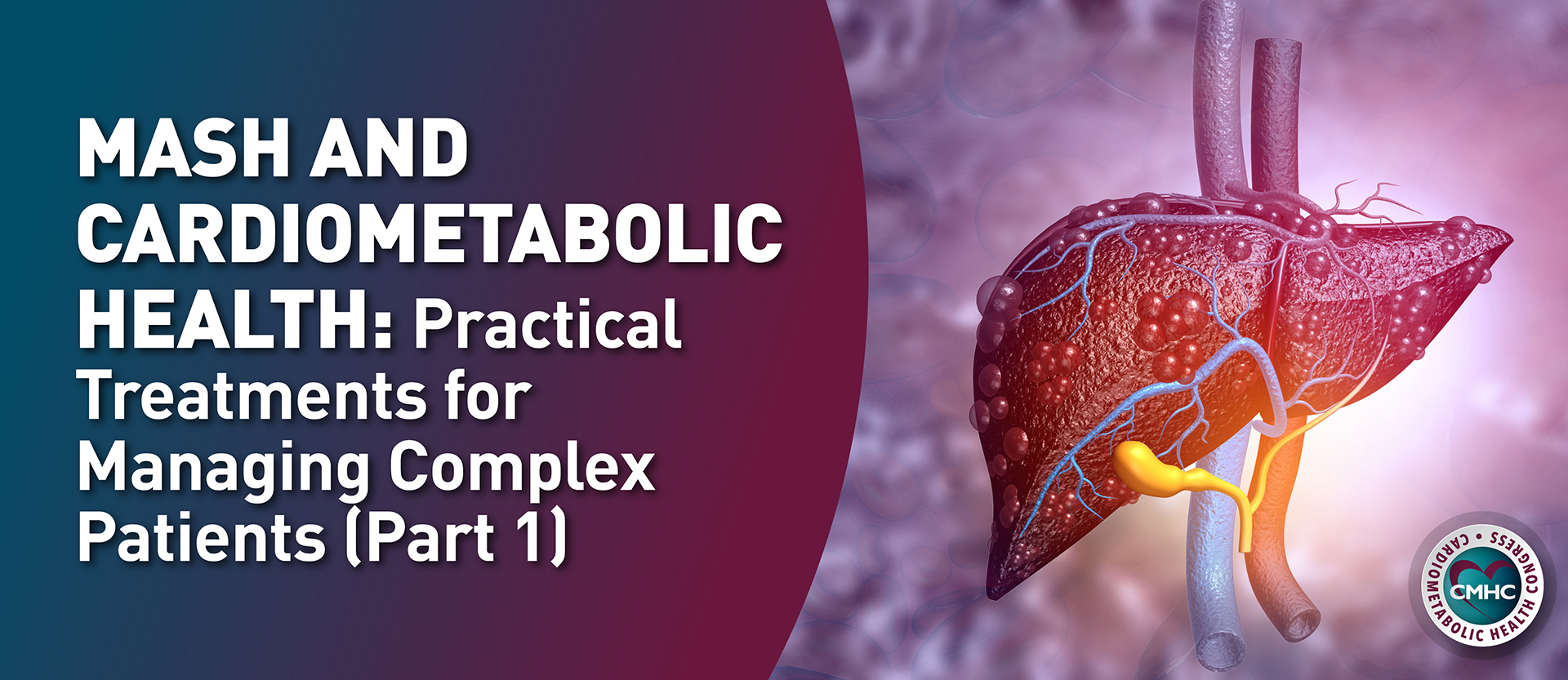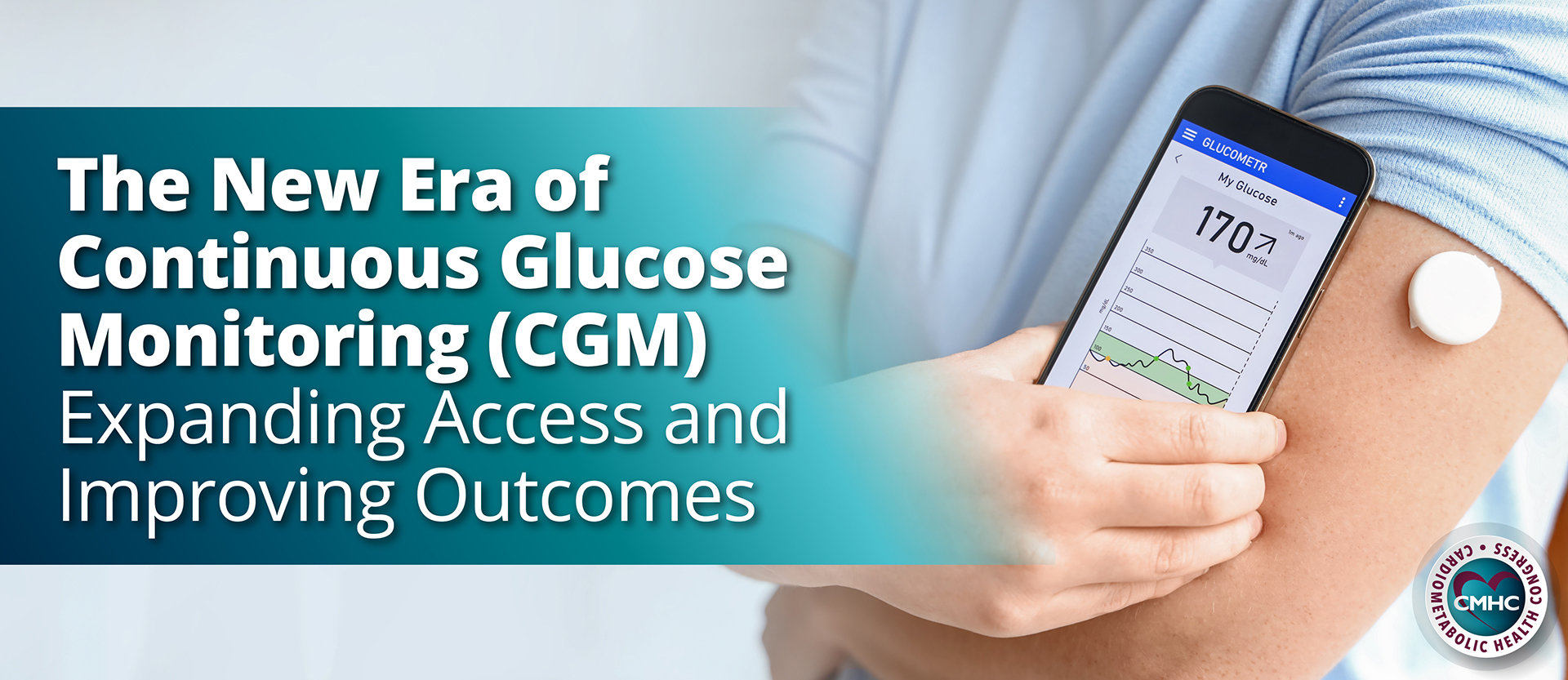The management of patients with type 2 diabetes (T2D) and heart failure (HF) is challenging, and the optimal care for these patients is not very well defined. The coexistence of these two conditions increases morbidity and mortality. Patients with HF and T2D are at an increased risk for cardiovascular-related mortality and have higher rates of HF hospitalizations. Almost a quarter of all HF patients are readmitted to the hospital within 30 days of discharge; nearly half are hospitalized 4 or more times, and these patients often have cardiometabolic comorbidities—furthering the risks of hospitalization and readmission. Glycemic control in patients with T2D and HF can be complex for clinicians, for example, thiazolidinediones are known to increase HF risk. However, recent studies have suggested that newer antihyperglycemic medications, particularly SGLT-2 inhibitors, can improve HF risk and reduce hospitalizations for HF in T2D.
Data from the cardiovascular outcome trials (CVOTs) of antidiabetic drugs have not only revealed exciting information about cardiovascular and renal benefits of the newer drugs, but also about HF risk in T2D. A recent meta-analysis of nine CVOTs that included 87,162 subjects showed that SGLT-2 inhibitors are associated with a decreased risk of HF hospitalizations compared with placebo. In addition, GLP-1 agonists and DPP-4 inhibitors were not associated with a significant risk reduction in HF hospitalization rates. In a class ranking, the authors reported that with 99.6% probability, SGLT-2 inhibitors are the most effective drugs to reduce the risk of HF hospitalizations in patients with T2D, followed by GLP-1 agonist and DPP-4 inhibitors. The meta-analysis included SGLT-2 inhibitors empagliflozin and canagliflozin, GLP-1 agonists lixisenatide, liraglutide, semaglutide, and once-weekly exenatide, and DPP-4 inhibitors alogliptin, saxagliptin, and sitagliptin.
Interestingly, no association was found between heart failure risk and a lowering of HbA1c targets over time in the trial participants. This seems to suggest that in T2D patients with specific comorbidities, such as heart failure or cardiovascular disease, certain drug classes are emerging as having a more favorable profile, which will enable clinicians to better tailor therapy to address these risks rather than focusing heavily on HbA1c targets. This line of thinking is also currently reflected in the draft ADA/EASD guidelines for the management of hyperglycemia in T2D presented at the 2018 ADA conference in Orlando.
This study provides important information about the HF safety and benefits of SGLT-2 inhibitors in T2D. Ongoing CVOTs and studies in HF-specific populations with drugs of this class will provide additional information about their utility in this setting.
References:
Kramer, Caroline K., et al. “Comparison of New Glucose-Lowering Drugs on Risk of Heart Failure in Type 2 Diabetes: A Network Meta-Analysis.” JACC: Heart Failure (2018): 912.
American Diabetes Association (ADA) 2018 Scientific Sessions. “Management of Hyperglycemia in Type 2 Diabetes – Draft ADA/EASD Consensus Report 2018.” June 26, 2018.

















